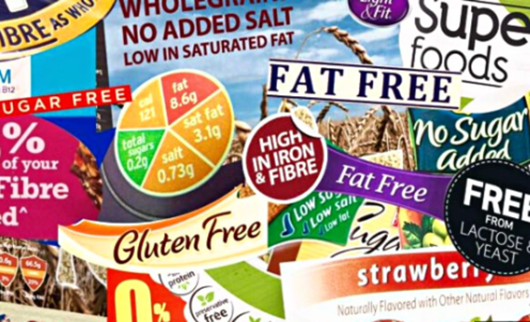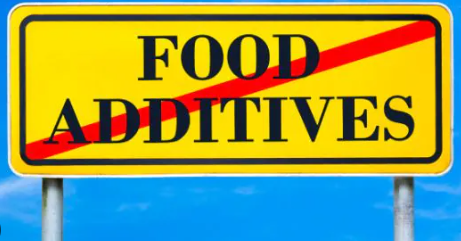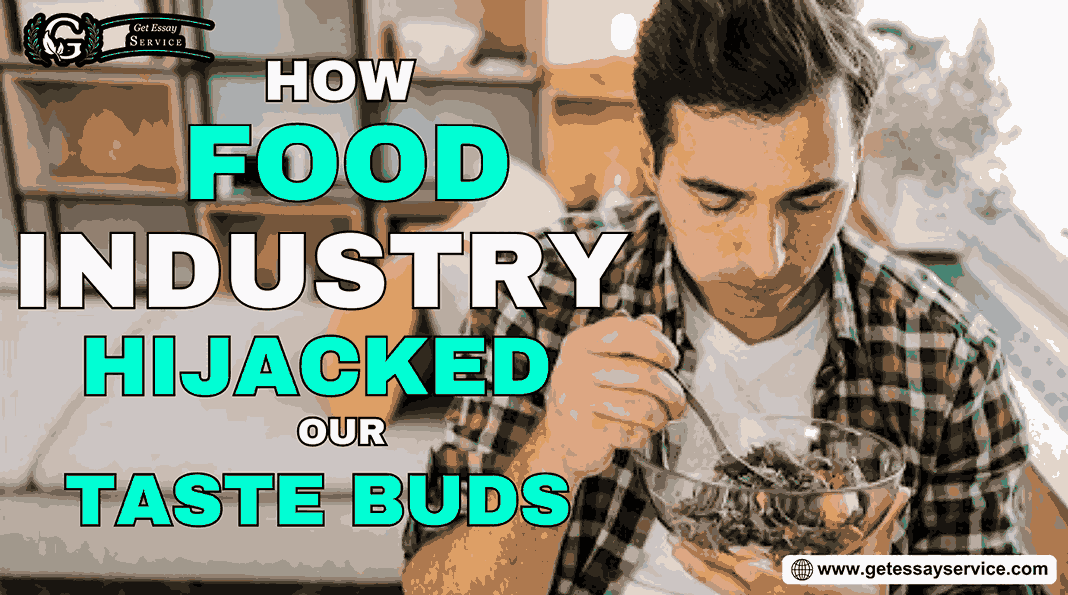Do you feel hungry even after finishing a whole bag of chips? Well, you are not alone.
The food industry has become adept at hijacking our taste buds and manipulating our cravings. This strategy keeps us reaching for another bag, another bowl, and another unhealthy snack.
This article dives into these tactics and suggests ways to become an informed customer to reclaim control of your taste buds.
The Role of Advertising and Emotional Manipulation
Food companies have become experts at manipulating our taste buds and their clever advertising campaigns are a big part of this strategy. Through psychological manipulation, advertising affects our food preferences. While an ad might show a happy family enjoying a sugary cereal, the disclaimer with high sugar content is often written in tiny text or spoken rapidly. This downplays the high sugar content of the food but highlights the happy moments families can have while enjoying the cereal.
This plan is especially powerful among kids and teenagers who are more open to marketing.
Clever Advertising Tactics

- Emotional Appeals: Advertisements are designed to evoke strong emotions to connect with customers. For example, Coca-Cola's "Share a Coke" campaign personalized bottles with names. This tactic Coca-Cola more personal and intriguing for consumers.
- Health Claims: Sugary cereals are advertised as “whole grain” or “enriched with vitamins” and hence, are believed to be healthy. But the health complications caused by these products are often hidden with small disclaimers and unreadable notes.
- Celebrity Endorsements: Companies also use celebrities to endorse products to leverage their influence over people. One example is Coke serves several music stars who advertise in its adverts.
- Cartoon Characters: Targeting children with characters they love makes the product more appealing to young audiences, who are not aware of its high sugar content.
The Science of Flavor Manipulation
Food companies employ advanced techniques to make foods and beverages appealing. Food engineers carefully calibrate the right combination of sugar, fat, and salt levels to create what is known as the "bliss point" in the food industry. Through this right combination, engineers hack our taste buds to release ‘oxytocin’, the happy hormone of human body.
As John Prescott explains in "Taste Matters," these flavors are designed to be highly palatable. The manipulation of these ingredients not only makes food more desirable but also overrides our natural satiety signals, which ultimately leads to overconsumption.
This is the reason why we can’t stop even after finishing one bag of chips. The deadly combination of salt and sugar makes it almost impossible to stop just after one.
This is not by accident; it's the result of extensive research and development aimed at finding that exact combination that keeps you reaching back into the bag.
The other ‘hack’ used by food brands is to keep the fiber and protein content as low as possible. These two nutrients are mainly responsible for giving you sense of ‘full’ and ‘satisfied’ after a meal. So, by keeping their quantity low, our bodies do not get the energy they need from the food and crave for more.
Hidden Additives and Health Impacts

Behind the enticing flavors, many processed foods contain hidden additives and toxins that have serious health consequences. Vani Hari's "The Food Babe Way" reveals how these substances, often untested for long-term safety, improve taste, texture, and shelf life. Common additives are artificial sweeteners, preservatives, and monosodium glutamate (MSG). These chemicals are also associated with health issues if consumed in heavy quantities over longer periods.
Consider your favorite diet soda. It may taste sweet and refreshing, but it often contains aspartame. Aspartame is an artificial sweetener which is low in calories but gives sweetness. This makes it ideal for ‘diet soda’. ‘and zero-calorie’ drinks. However, it is also associated with causing health complications if over-consumed.
Addiction and Cravings
The other major concern posed by the food industry is addiction. As pointed out in Michael Moss's work “Hooked,” these foods contain a combination of sugar, fat and salt that causes dependency like drug use. According to this perspective, any individual who consumes it starts experiencing an uncontrollable desire for more since the brain releases dopamine every time one eats these irresistible dishes. Over time, this can lead to compulsive eating behaviors and a cycle of cravings that are difficult to break.
Reclaim Healthy Eating Habits
Given below are some of the techniques to reclaim healthy eating habits:
1. Carefully read the labels: Being aware of the components in your food can allow you to make better decisions. Keep an eye out for unidentified ingredients in products and steer clear of those with lengthy lists.
2. Cook at Home: Making your own food gives you more control over what's in it and helps you cut out on processed goods.
3. Educate Yourself: Books like Laura Dawn's "Unhooked" and S.R. Oakes' "Sugardetoxme" offer insightful analysis and doable advice for beating cravings and forming better eating habits.
4. Be Skeptical of Advertising: Understand the psychological and emotional tricks food marketers employ. Consider the nutritional content of the product and challenge the claims stated in marketing.
Conclusion
The food industry manipulates our taste buds and emotions through science and advertising. This abuse has led to widespread changes in dietary habits. By understanding these tactics and making healthier choices, we can reclaim control over our taste buds and make a satisfying relationship with food.
Copyright © 2026 getessayservice.com

